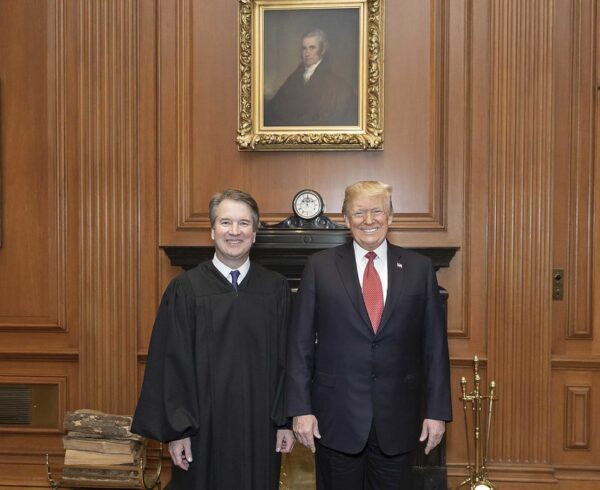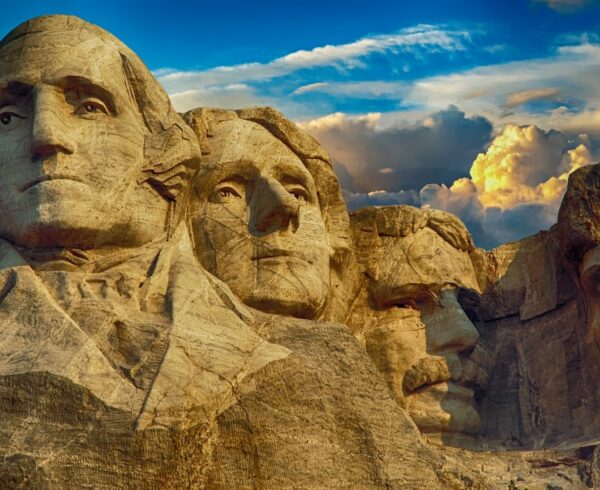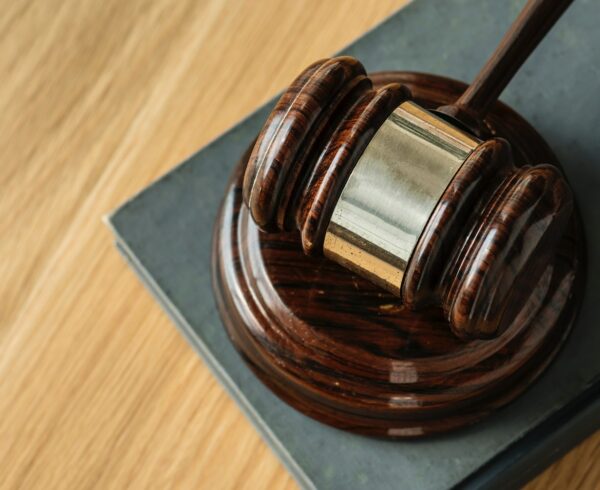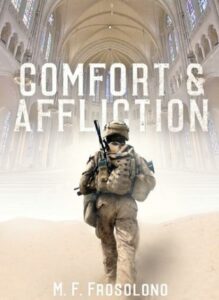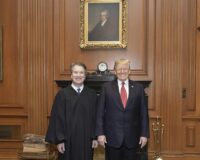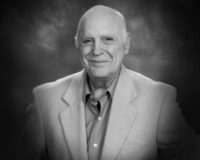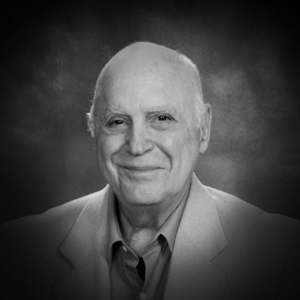Congress shall make no law . . . abridging the freedom of speech, or of the press . . .
Although I have a long association with the press, I have never been a professional journalist in the sense that I was paid for my efforts other than delivering newspapers and receiving a free subscription to The Franklin County (GA) Citizen.
Early Days
I began routinely reading The LaGrange Daily News, The Atlanta Constitution, and The Atlanta Journal while a junior high school student in my hometown, LaGrange, GA. Like many young boys of my generation, I delivered newspapers—approximately 100 copies of the weekday afternoon edition of The Atlanta Journal and a slightly larger number of the Sunday morning edition of the paper. The editorial policy of the morning Constitution was politically liberal, led by Ralph McGill, an ardent anti-segregationist; on the other hand, the editorials of The Journal were politically conservative. I well-remember how much I enjoyed the differences in editorial policies. I felt as if I were truly informed about current events and politics. My delivery experience occurred long before the staffs of The Journal and The Constitution combined in 1982.
I may have been the first sophomore allowed to take Journalism, a junior-senior level course at LaGrange High School. I went on to become the editor of the high school newspaper, The Clarion, and I won statewide awards for my reporting. I thought seriously about becoming a professional journalist, but succumbed to the allure of science before graduation.
Later Days
After forty years experience in basic biomedical research in academic institutions and clinical research in the pharmaceutical industry, I took early retirement. Andrea and I moved to a modest home on Lake Hartwell near her hometown, Lavonia, in Northeast Georgia. I subsequently became an unpaid opinion columnist for our local weekly newspaper, The Franklin County Citizen. Thoroughly Biased Opinions—my ebook, which can be purchased at Amazon.com—contains an edited collection of these columns. My nine years of columns often promoted spirited debates in the local and online communities. I enjoyed the responses and debates, some of which precipitated threats against me. Andrea preferred a much quieter life in our retirement.
The First Amendment to the United States Constitution
This personal history propelled me to become an ardent supporter of Freedom of the Press under the First Amendment to the United States Constitution. My non-lawyerly opinion and limited research suggests the Freedom of the Press Clause has no relevance independent from the Freedom of Speech Clause in the First Amendment. Constitutional guarantees of free speech and a free press must be vigorously defended, and attempts at infringement of these core rights must be resisted and countered with diligence. A free press and freedom of speech are essential components of our democratic republic, being necessary for the liberty of our nation and serving as ramparts against governmental tyranny.
The media—broadly speaking “The Press” under the First Amendment—encompass newspapers, magazines, radio, television, and blogs among other outlets. When functioning appropriately, the media have an intrinsic adversarial relationship to institutions of power and people within those structures. This relationship, however, is not necessarily antagonistic. Most people with power naturally tend to keep private their actions and secrets, whether legitimate or illegitimate. Increasingly, many governmental organizations, particularly at the federal level, demonstrate the reality of Lord Acton’s pronouncement: “Power tends to corrupt, and absolute power corrupts absolutely. Great men are almost always bad men.” I definitely agree with the first part of Lord Acton’s statement but reserve individual judgment for the second part. The justifiable adversarial function of the media is to focus the public’s attention on illegitimate aspects of organizations and persons with power, even when that power is derived from free elections.
The First Amendment should not be interpreted to mean the media lack responsibility for presenting factual information, especially in news stories. I am still old school, because I believe opinions should be reserved for clearly marked editorials and columnists. Furthermore, “fake news” is an oxymoron—a figure of speech containing contradictory terms. My default position with all media presentations in today’s milieu arises from my natural iconoclastic proclivities and my scientific training that demands skepticism as a prerequisite for evaluation of data and conclusions. This approach helps me identify suspect fake news and biases of the authors.
Importantly, the First Amendment does not give media outlets immunity from criticism or freedom from opposition. Simply put, the media do not have constitutional immunity or a sacrosanct position in all circumstances. Media sources cannot do whatever they want to public figures without consequences nor should these sources willfully present libelous information or “alternative facts” not derived from reality. Thus, the media do not enjoy absolute Freedom of the Press without responsibility. To take an extreme example, the media may have freedom to publish our nuclear targeting codes, but responsibility suggests such information should not exist in the public domain.
The Media and the Current Political Situation
Thanks to the internet, on a typical morning I survey—and often read entire articles from—several media sources, e.g., FOX, CNN, Yahoo News, The New York Times, The Wall Street Journal, and The Washington Post. I infrequently access Breitbart and TeaParty.org. I don’t often look at TV newscasts except for breaking events: I can gain information much faster by reading than from TV or the radio, although I am a devotee of National Public Radio. I agree with President Trump that most of the mainstream media, except for FOX and sometimes The Wall Street Journal, are not only adversarial as expected but downright hostile and vicious with respect to his administration: I think CNN has entirely lost objectivity on reporting about President Trump.
The following statement comes from Captain J. P. Tristani1 as part of an exchange of emails between him and me: “My strongly held opinion is in support for a free press as the bulwark for a free society; however, I also believe that much of the mainstream press has become the 4th political party in this country, with powers that exceed what the Founders wanted, that this ‘free press’ is not just what it should be as ‘adversarial, objective’ but changing every narrative in a subjective way that they deem to be the correct ‘story’ . . . an unelected 5th column that expects me to believe every reporter has the background, experience, and education to determine what a country should be with no accountability for what they headline or write.”
A “fifth column” is any group of people who undermine a larger group—such as a nation or a besieged city—from within, usually in favor of an enemy group or nation. The term “fifth column” derives from the Spanish Civil war when Emilio Mola, a Nationalist general, stated that, as his four columns of troops approached Madrid, a “fifth column” of supporters inside the city would support him and undermine the republican government from within.
The Enemy of the People
President Trump made the allegation that the “media is the enemy of the people in the US.” When the media act in the fashion Capt. Tristani described and also publish fake news, then the media definitely are a destructive fifth column—the enemy of the people—within the United States. We must be vigilant in recognizing when members of the media allow their subjectivity, e.g., personal antipathy to President Trump, to cloud the objectivity that is required under a responsible free press. By no means am I suggesting President Trump cannot be legitimately criticized, but I can do without the Media’s ad hominem attacks—attacking him personally rather than refuting his positions.
1JP Tristani: Captain Eastern Airlines-ret, Marine, media aviation consultant.


